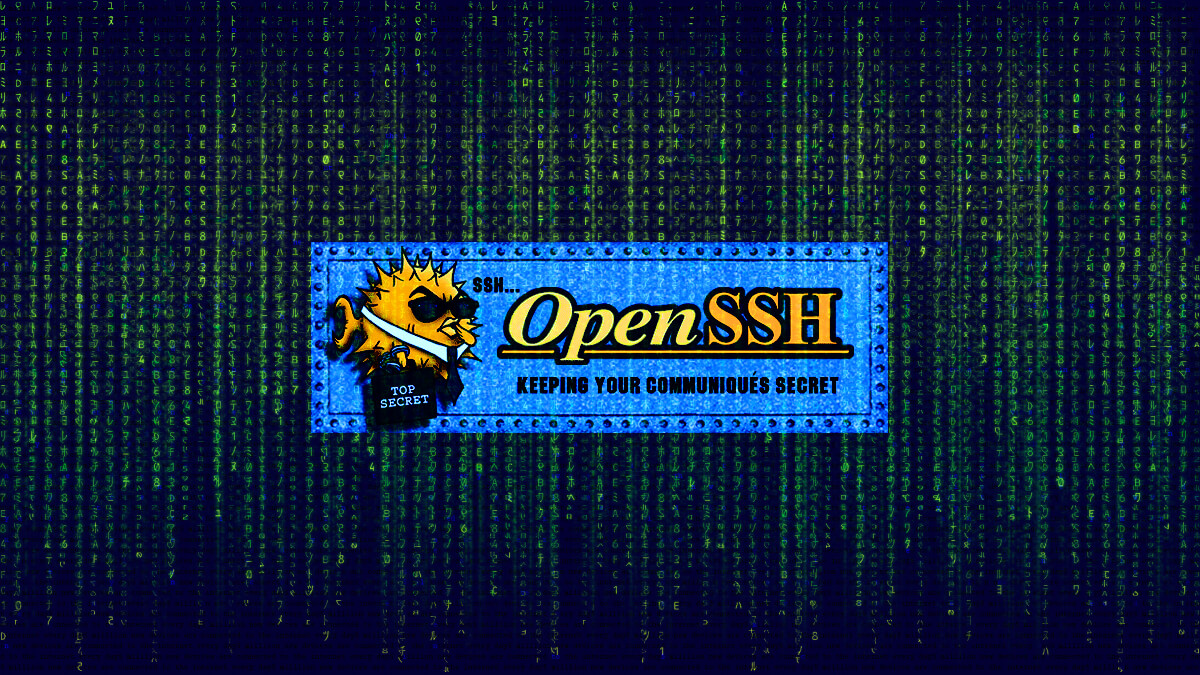This is a good suggestion. Docker is more mature and has more resources, so it’s better to learn the ins and outs of containers. After getting comfortable with it, you can move to Podman and have a much better time tackling its peculiarities regarding permissions and rootless.
I used Docker for years and only recently decided to give Podman a try, porting my Lemmy instance to it.













Agree, but mad props to the Gentoo people too. Nice community and incredible wiki as well.